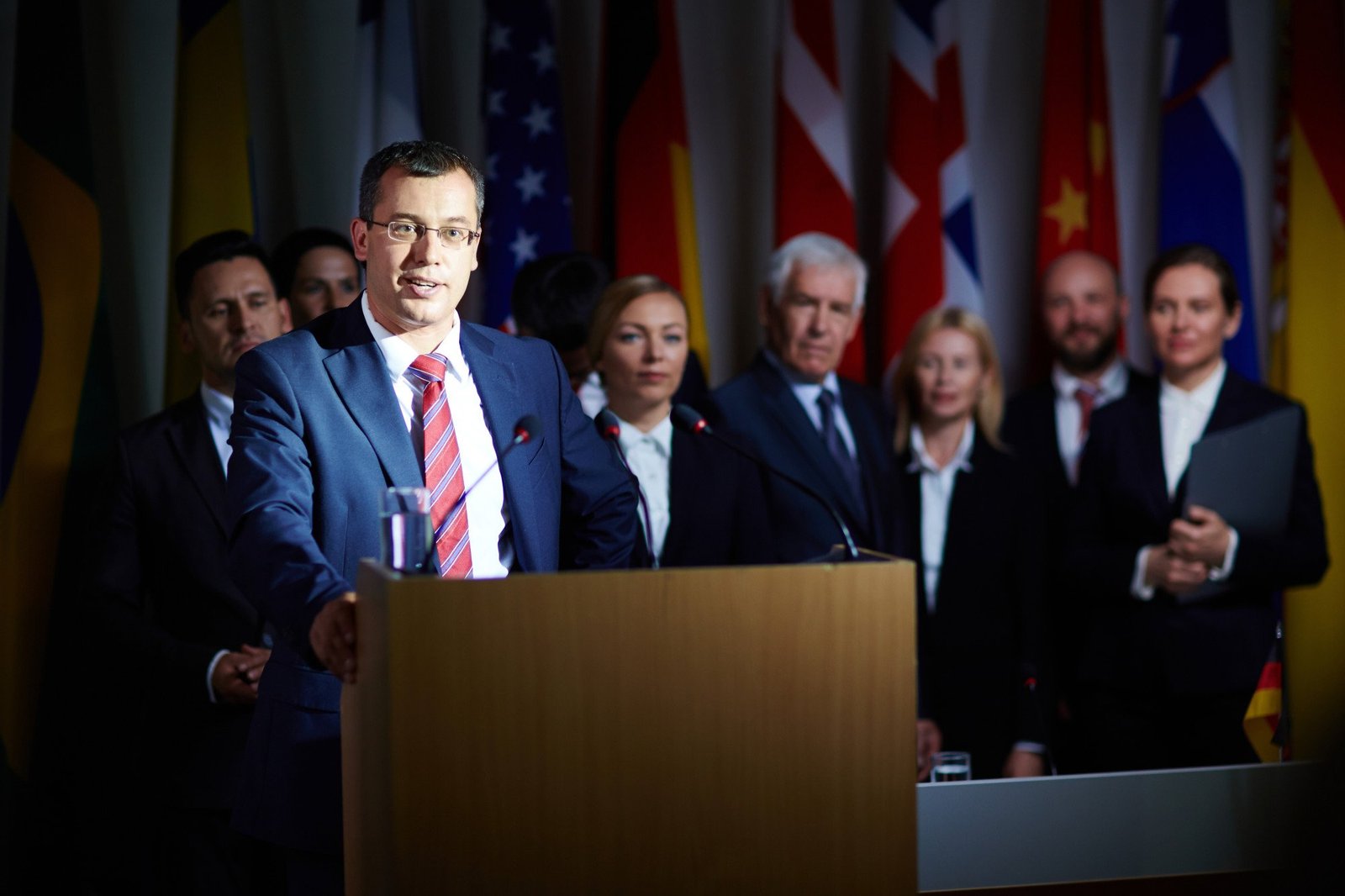
7 Popular Political Campaign Strategies You Need to Know About
Effective political campaign strategies shape public opinion and secure political electoral victories. Politicians employ many tactics to appeal to voters, persuade undecided minds, and mobilize their supporters.
In a political campaign, it’s not just about talking to people; it’s about understanding their concerns and needs. Becoming a politician means you must often visit communities, listen to people’s problems, and promise to solve them if elected. They use social media, TV, and public events to reach as many people as possible.
This article will explore seven popular political campaign strategies that have proven instrumental in numerous elections worldwide.
Table of Contents
1. Grassroots Mobilization
Political campaign ideas must connect with regular people in their neighborhoods in elections. They do this by talking to people at their homes, organizing meetings in town halls, and being part of community events.
By doing strategy, politicians get to know what people care about. This kind of grassroots work helps build a strong community feeling and gathers people who believe in the politician. These supporters can then tell others why they think the politician is trustworthy.
Grassroots mobilization is like building a big family of supporters while running for office. Politicians need to do more than sit in offices after winning an election. They go out and meet people face-to-face.
They might visit your home, chat with you at a local fair, or listen to your concerns at a community gathering. Doing this shows that they care about what regular folks think.
This personal touch helps create a bond between the politician and the people they aim to serve. It’s all about making everyone feel heard and valued so the community strengthens, standing together to support their chosen leader.
2. Digital and Social Media Campaigns
Politicians running for office use websites like Facebook, Twitter, Instagram, and YouTube to talk to many people without spending too much money. These sites help them share their ideas, tell people what they’re doing in the campaign, and connect with younger folks.
Also, they can show different ads to different groups of people on these websites. This means they can talk about things that matter to specific groups, making their messages more personal and relatable.
The internet is like a giant bulletin board where politicians can present their ideas and plans for everyone to see. It’s not just about talking to many people, but also in a way that makes sense to different groups.
For example, they might speak of education to students and jobs to adults. By using the internet smartly, politicians can reach out to many people, ensuring their message is easy to understand for everyone, no matter where they come from or what they do.
3. Negative Advertising
Sometimes, politicians use negative ads to make their opponents look bad. They might talk about things the other person did wrong or things people don’t like about them. These ads can be on TV, online, or in newspapers.
But it’s important not to be too negative because that could also make people not like you. Finding the right balance is vital – saying what needs to be said without being too mean helps politicians connect better with voters.
Negative ads are like pointing out someone’s mistakes to help others make a choice. But, like in real life, being too critical can push people away. It’s like conversing with someone – respecting, even when you disagree, can make a big difference.
In campaigns, focusing on the issues that matter and explaining why a particular candidate is a better choice can be more convincing than just pointing fingers. Politicians can win people’s trust and make their message stick by keeping the tone respectful, even in a competitive election.
4. Public Speaking and Debates
Speaking well in public is really important in politics. Politicians talk to people in big meetings, debates, and other public events to share their ideas and plans. If they speak confidently and excitingly, they can get people to believe in what they say.
Debates are like significant discussions where candidates can show how much they know and talk about what they believe in. It’s a way for them to prove they’re the right choice.
5. Data Analytics and Voter Targeting
Technology has changed how politicians run for office. They use computers to collect lots of information about what people like and how they behave.
By knowing this, they can talk to different groups of people in ways that make sense to them. This helps them use their time and money wisely. Using data like this helps them make sure their message reaches the people who will be most interested and affected by what they’re saying.
6. Ground Game and Get-Out-the-Vote (GOTV) Operations
The ‘ground game’ means all the things a campaign does to get people to vote. They call people, visit their homes, and even provide rides to the voting places.
This is important to make sure the people who support the candidate actually go and vote. Every vote matters in close elections, so having a solid ground game can make a difference.
7. Issue Advocacy and Policy Focus
Talking about real problems and suggesting reasonable solutions can make people like a candidate more. Candidates who understand people’s worries and have good ideas to fix these problems usually get more support.
When politicians show they know their stuff and care about improving things, people trust them more. This trust helps them do better in the elections.
A lobbyist and consultant will be a great help during this process too. Lobbyists often work closely with politicians, while consultants help them with strategies, making sure their messages resonate effectively with voters.
Mastering the Art of Political Campaign Strategies
In elections, candidates must use old and new political campaign strategies to connect with people. They should talk to folks in their communities, use computers and phones, and explain their plans clearly.
By combining these methods-meeting people, using technology, and talking smartly about their ideas-candidates can do well in elections. Understanding and using these strategies can help them win and get the support they need from the people.
Did you find this article helpful? If you did, visit our blog for more valuable content.













